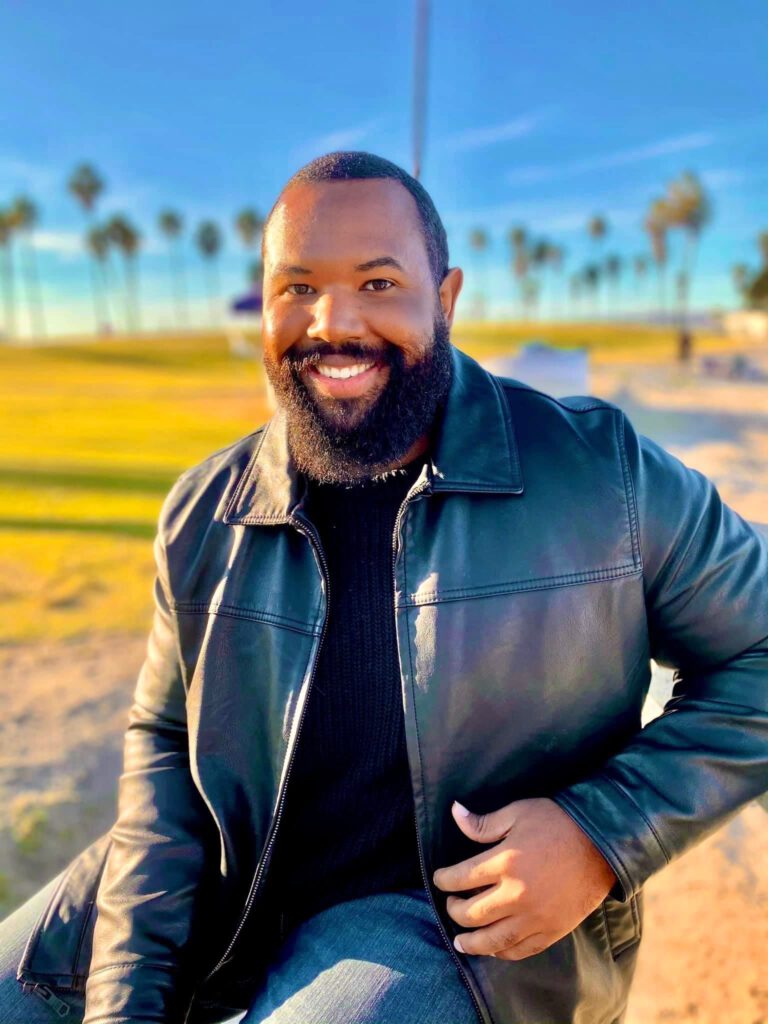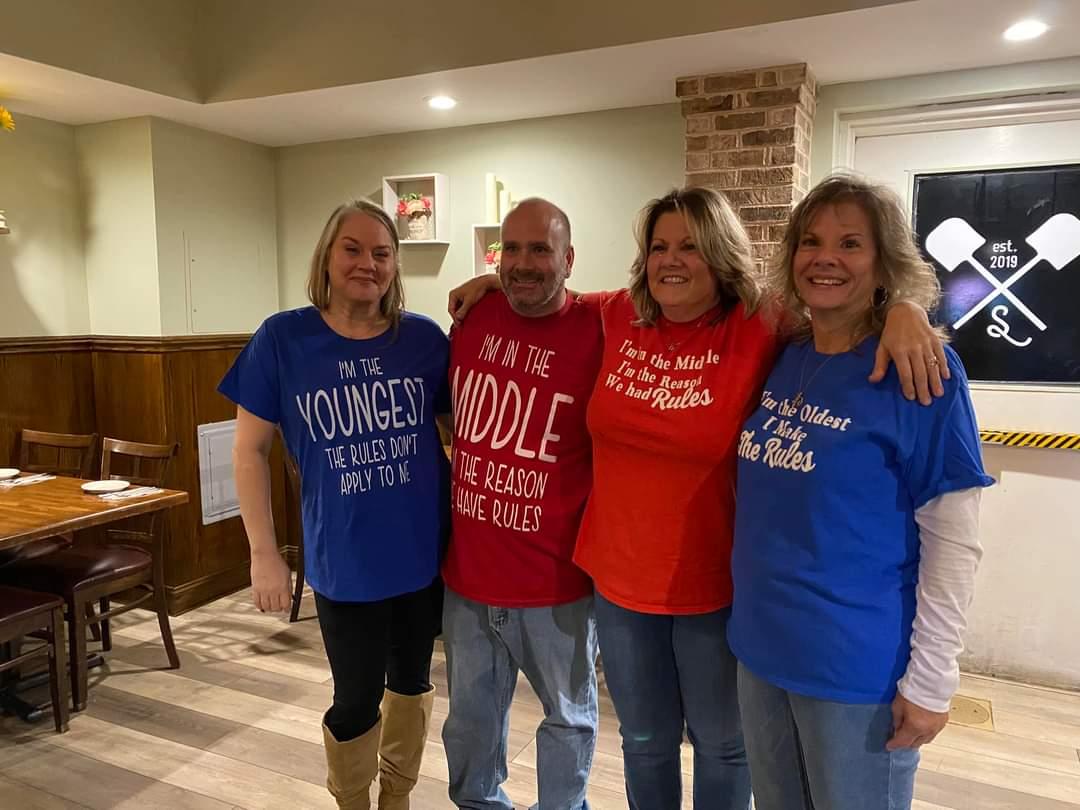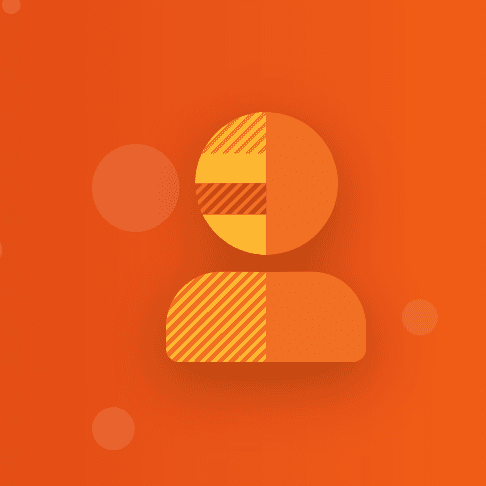Jordan Carroll, a social worker and patient advocate in San Diego, has a simple answer for why he’s participating in 23andMe’s Black Representation in Genetic Research study:
“I was happy to … I mean why not?” said Jordan, who has been contributing to 23andMe research since the launch of the company’s Roots into the Future initiative in 2011.
Jordan is no stranger to us here at 23andMe, having shared a healing personal story many years ago. Using 23andMe helped him discover a connection to a plantation in the south, and led him to connect with a white cousin.
But Jordan’s interest runs deeper than that. Wrapped up in his curiosity about himself and his family’s southern and African roots, is his lifelong interest in science, healthcare, and, most importantly, racial equity.
“My inspiration for giving my DNA to this research was to benefit marginalized Black Americans,” he said.

A Family’s Commitment
Jordan, 34, hopes that including more people like him in research, offers hope that new discoveries from that research will mean that, “the Black community will have access to better healthcare and treatment.”
He and his family have been working for that kind of equity for a long time.
Both of his paternal grandparents were doctors. His grandmother, Dr. Juanita Pitts, was the first Black female doctor in Rochester New York. Dr. Pitts and her husband, Dr. Julian O. Carroll, opened a family practice in the city in the 1950s. Over the decades while raising seven children and running the family practice, Dr. Pitts also worked on community health screening for sickle cell anemia and did genetic counseling. She started a program to screen African Americans in the community for hypertension and cardiovascular disease. Her strong commitment to serving the community and alleviating racial inequities in healthcare came from witnessing those inequities. In a recorded oral history, she told of once seeing a Black man die while waiting for a hospital bed that had been prioritized for white patients.
Dr. Pitts instilled in her grandson an interest in science and equity, and Jordan’s early years spent in her home left a lasting impression on him. Whether it was learning to take his own blood pressure at 10, or simply understanding that African Americans didn’t always benefit from the amazing medical breakthroughs he’s seen in his lifetime. His upbringing is what both piqued his interest in medicine but also attuned him to helping underserved populations.
He sees those disparities every day at work among underserved Latino and Black families in Southern California — who have been disproportionately affected by COVID-19. Part of his work is to ensure access to vaccination programs and testing. But some of it also involves simple education in an effort to overcome long-held mistrust.
“I see it as my job to educate and dissipate the mistrust and skepticism of the American medical establishment within the Black community,” he said. “These feelings are rampant, and rightly so, due to historic and contemporary mistreatment at the hands of the medical establishment, namely the Tuskegee Experiments, which is still within living memory.”
Empowerment through Participation
He doesn’t see his job to push anything, but to simply answer questions, to be transparent about any risks, and help people have access to care if they want it.
But beyond his work, Jordan feels he can help his community by participating in research. He knows — because he likes to read about health studies — that most genetic research is done in populations that are almost entirely of European descent.
When he’s reading about a new study that has uncovered genetic associations for certain diseases, Jordan often asks himself:
“Does this actually apply to me?” he said. “I have European ancestry, but it’s only about one-third of my genetic ancestry, the rest, 60 percent of African, so I ask myself, ‘Is this applicable to me and people who are genetically similar to me, or not?’”
Oftentimes the answer is “no.”
Knowing that can leave one feeling unable to do anything to change it, Jordan said.
“Feeling powerless is a common sentiment when you read reports, studies, and hear of racial disparities and maltreatment within the American medical establishment,” he said. “You hear of communities having unequal access to health and medical care all around the country. Although your frustration burns, you fall into despair since you realize that you cannot go in and assist every community at once.”
But, for Jordan, there is something he can do. He can participate in research, he said.
“The ability to potentially save lives is a privilege, and something that I feel is my duty as a human being,” he said. “If I can do this with something as simple as having my DNA tested, all the better.”



